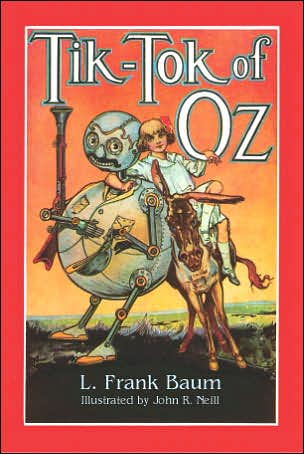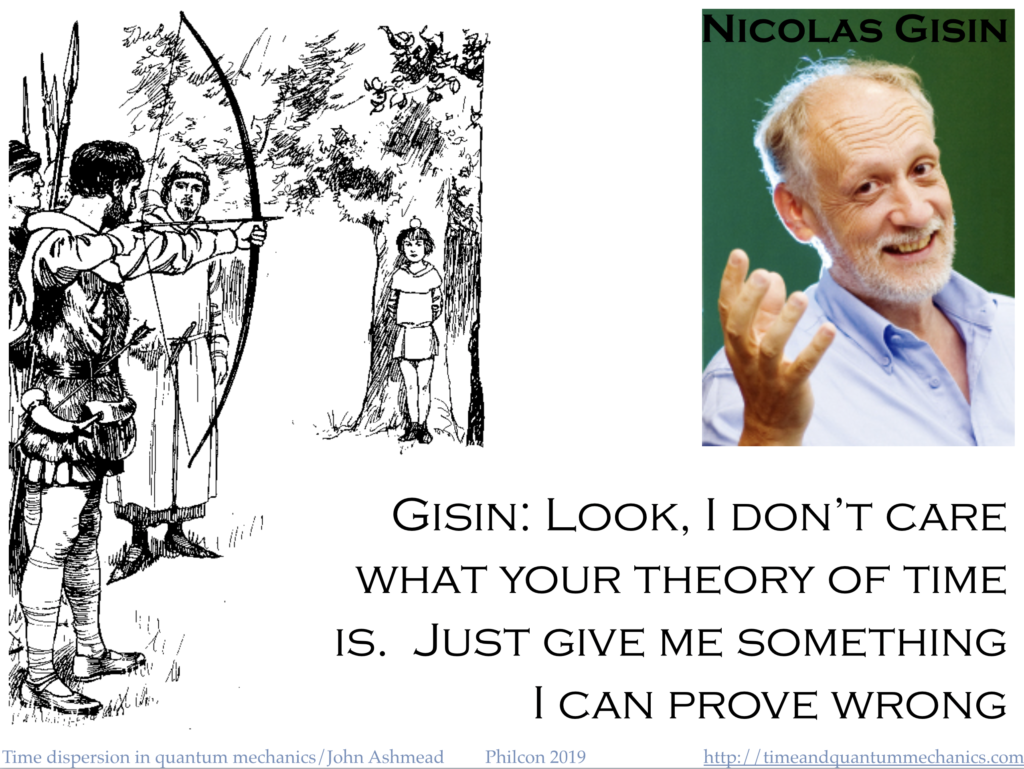 The annual Philadelphia Science Fiction Convention (Philcon 2018) starts today & continues thru Sunday. I’m doing a fun science talk: Mars or Bust! tomorrow at 5pm
The annual Philadelphia Science Fiction Convention (Philcon 2018) starts today & continues thru Sunday. I’m doing a fun science talk: Mars or Bust! tomorrow at 5pm
Sat 5:00 PM in Crystal Ballroom Two—Mars or Bust! The Theory and Practice of Travel to Mars
Why do we want to go? How do we get there? How do we live there? What might we find? What are the dangers: radiation, low gravity, dust, our fellow humans? Is there life on Mars now? Was there once? and did our own evolution actually start on Mars?
And I’m doing six panels besides: Mars, Mars, Mad Scientists, Black Holes, Star Trek versus Star Wars, and Evil Tech. Seems to be aimed generally in a pretty sinister direction! War planets, mad scientists, all-devouring black holes, death stars versus battle-cruisers, and generally evil tech. Curious. I hope Philcon programming knows that I’m largely opposed to evil.
John Ashmead (mod)
-
- Fri 7:00 PM in Crystal Ballroom Two—Black Holes Explained! (3073)
What they are, what they are NOT, why it’s A Bad Idea to confuse a black hole with a wormhole, and how to use them in scientifically accurate ways in your writing.
Dr. Valerie J. Mikles (mod), Bob Hranek, John Ashmead, Jay Wile, Peter Prellwitz
-
- Sat 12:00 PM in Crystal Ballroom Two—The Depictions of Technology in Star Wars and Star Trek (3108)
How do these universes differ in the ways they depict their tech? How did the history of each world affect the invention and uses of medical devices, weaponry, methods of transportation, and robotic beings?
Jeff Warner (mod), John Ashmead, Inge Heyer, Jay Wile, Anna Kashina, Glenn Hauman
-
- Sat 2:00 PM in Crystal Ballroom Two—The Moon, The Stars, and Mars: The Ethics of Colonizing Space (3121)
How do we expect to change the galactic landscape in an ethical way, and what can we do as humans to decrease our impact on it? What does it mean to establish human settlements on worlds not our own? A discussion of space travel, space colonies, and morality.
Jazz Hiestand (mod), John Ashmead, Inge Heyer, Tom Purdom, Tobias Cabral, Joseph Haughey
-
- Sat 5:00 PM in Crystal Ballroom Two—Mars or Bust! The Theory and Practice of Travel to Mars (3122)
Why do we want to go? How do we get there? How do we live there? What might we find? What are the dangers: radiation, low gravity, dust, our fellow humans? Is there life on Mars now? Was there once? and did our own evolution actually start on Mars?
John Ashmead (mod)
Jazz Hiestand (mod), John Ashmead, Michael D’Ambrosio, Paul Levinson, Tobias Cabral
Bob Hranek (mod), John Ashmead, Earl Bennett, Charlie Robertson, John Skylar
-
- Sun 1:00 PM in Plaza II (Two)—The Myth of the Mad Scientist (3078)
Despite a long history in fiction of solo geniuses making the ultimate breakthroughs in their basement labs, collaboration is necessary for scientific advancement. So why do we glorify the loner scientist trope? Can we make collaborative science feel equally heroic? How do we portray science being done realistically while still meeting the needs of the story?
Jim Stratton (mod), John Ashmead, Aaron Feldman, Anna Kashina, Alan P. Smale, Tee Morris




